Introduction
Sea moss is low in calories, but it is rich in certain essential nutrients such as calcium or vitamin B2. But can dogs eat sea moss? What are the benefits of Irish sea moss for dogs? We’re answering these questions and more below, so keep on reading!
Is Sea Moss Good for Dogs?
There are some sea moss benefits for dogs that are simply undeniable, but like any other type of supplement, we urge you to talk to your veterinarian before adding this type of food to your pet’s diet.
Think of sea moss as an occasional addition to what your dog is supposed to eat on a weekly basis rather than a main source of food. Here are some nutrients that your pet can enjoy if you decide to incorporate sea moss into their diet.
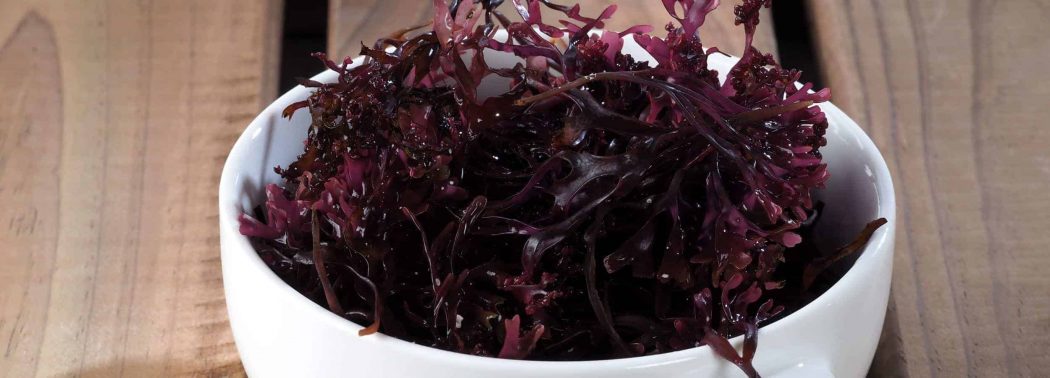
Iron
This type of mineral is more important for dogs and other mammals than you might think. It is the building structure in your pup’s red blood cells and is in charge of transporting nutrients and oxygen to and from your dog’s organs.
Although canine anemia is rarely caused by iron deficiencies, it can sometimes still occur in some animals, especially dogs that do not get the right type of food. Sea moss is a good source of this mineral.
Calcium, magnesium, and phosphorus
Sea moss is rich in all of these minerals, but it also contains copper, as well as zinc. Calcium is essential for your dog’s bones while magnesium regulates your pet’s cardiovascular system activity.
As for phosphorus, it is involved in a wide array of body processes and it is a part of a pump (Calcium/phosphorus pump) that regulates the transmission of substances between cells.
Vitamins
Did you know that sea moss contains both vitamin B2 and vitamin B12? While vitamin B2 regulates your dog’s metabolism by helping them transform food into energy, it’s also hugely important for the normal development of the skin and intestinal lining.
On the other hand, vitamin B12 is great for making sure that your pet’s nervous system continues to function properly. It’s also great for preventing anemia and fatigue and is a building block of the genetic material that your dog has.
Is Sea Moss Bad for Dogs?
Can dogs have sea moss every single day? Unfortunately, no. Sea moss can pose some health risks, all of which are highlighted in the section below.
Intestinal blockages
Sea moss effectively turns into a gel when it comes in contact with water, which means that it will have the same reaction after your dog has ingested it. For this reason, you need to make sure that your pet is very well-hydrated so that they don’t develop an intestinal obstruction.
The powder form is more preferred by pet owners for the simple reason that it doesn’t turn into a gel as easily. So, if you could mix it with your dog’s canned food or sprinkle it on their kibble, that would be ideal.
Digestive distress
Some dogs don’t react well to having eaten sea moss, and you can’t know for sure if your pup is a part of that category until you try giving them sea moss for the first time.
The most common digestive reactions are diarrhea and vomiting, and you could both do without these unpleasant symptoms. Always start slow when it comes to sea moss – never give your dog a lot.
Kidney health complications
While sea moss is rich in minerals, if your dog has too much of it and they already have a history of urinary tract health issues, they could develop calculi (stones).
That’s why a talk with your veterinary specialist is mandatory before you add sea moss to your dog’s diet.
How Much Sea Moss Can My Dog Eat?
Sea moss gel or powder has a different dosage when it comes to dogs compared to humans. For example, while the standard dose recommended for people is anything between one and four tablespoons per day, we’d argue that it is too much for most pets.
First of all, dogs tend to vary in size depending on their breed, so you shouldn’t give a Chihuahua four tablespoons of moss per day as that could obviously lead to severe digestive distress.
In most cases, one to two tablespoons per week is a safe amount for dogs.
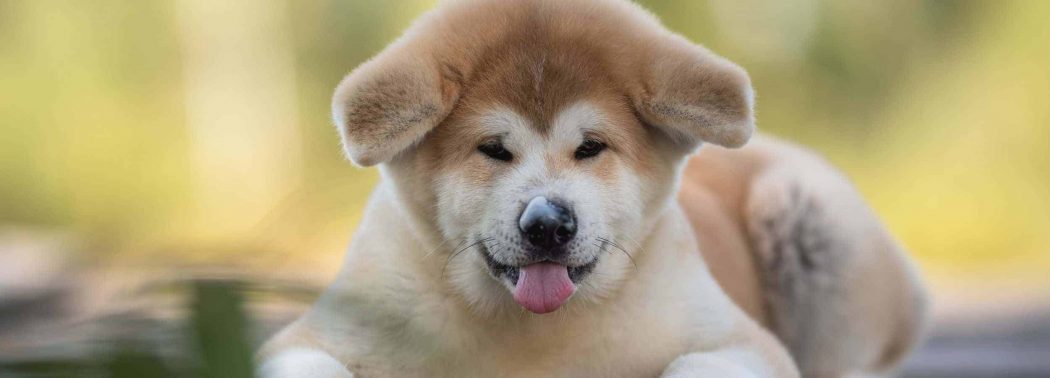
How to Prepare and Serve Sea Moss to Your Dog
Sea moss can be used as an ingredient in your homemade dog treats. In fact, sea moss dog treats are quite healthy since they are typically low in calories and also offer the benefits that we have already discussed above.
If you get the powder form, you can simply sprinkle it on top of your dog’s food or vigorously mix it into their wet food variety.
You can also add it to your homemade dog food, but we strongly urge you to ask your vet what the right recipe for that might be since your dog could be missing out on important nutrients if you cook their meals at home.
Frequently Asked Questions
Given the nutrients that can be found in sea moss, it wouldn’t be far-fetched to assume that it can do the following for dogs:
- Reduce inflammation
- Provides energy
- Regulates the transmission of substances inside the body
- Regulates digestion thanks to the fiber it has
- Supports bone health thanks to its mineral content
- Maintains good nervous system health
While sea moss is not toxic to dogs per se, it can be exposed to certain substances depending on the area it is harvested from. Some oceans and seas can contain traces of mercury, for example, so keeping the amount of sea moss you give your dog to a minimum is the best advice in this sense.
Summary
So, can dogs eat sea moss? Yes. It’s a safe natural supplement and it has multiple benefits, but it should be looked at as an occasional addition to your dog’s diet, not something they should have every day.
Sources
- Veterinary Herbal Medicine: A Systems-Based Approach, Susan G. Wynn et al, 2007
- Cobalamin deficiency in dogs and cats, Franziska Hanisch et al, 2018
- Iron deficiency anemia, Dinaz Z. Naigamwalla et al, 2012
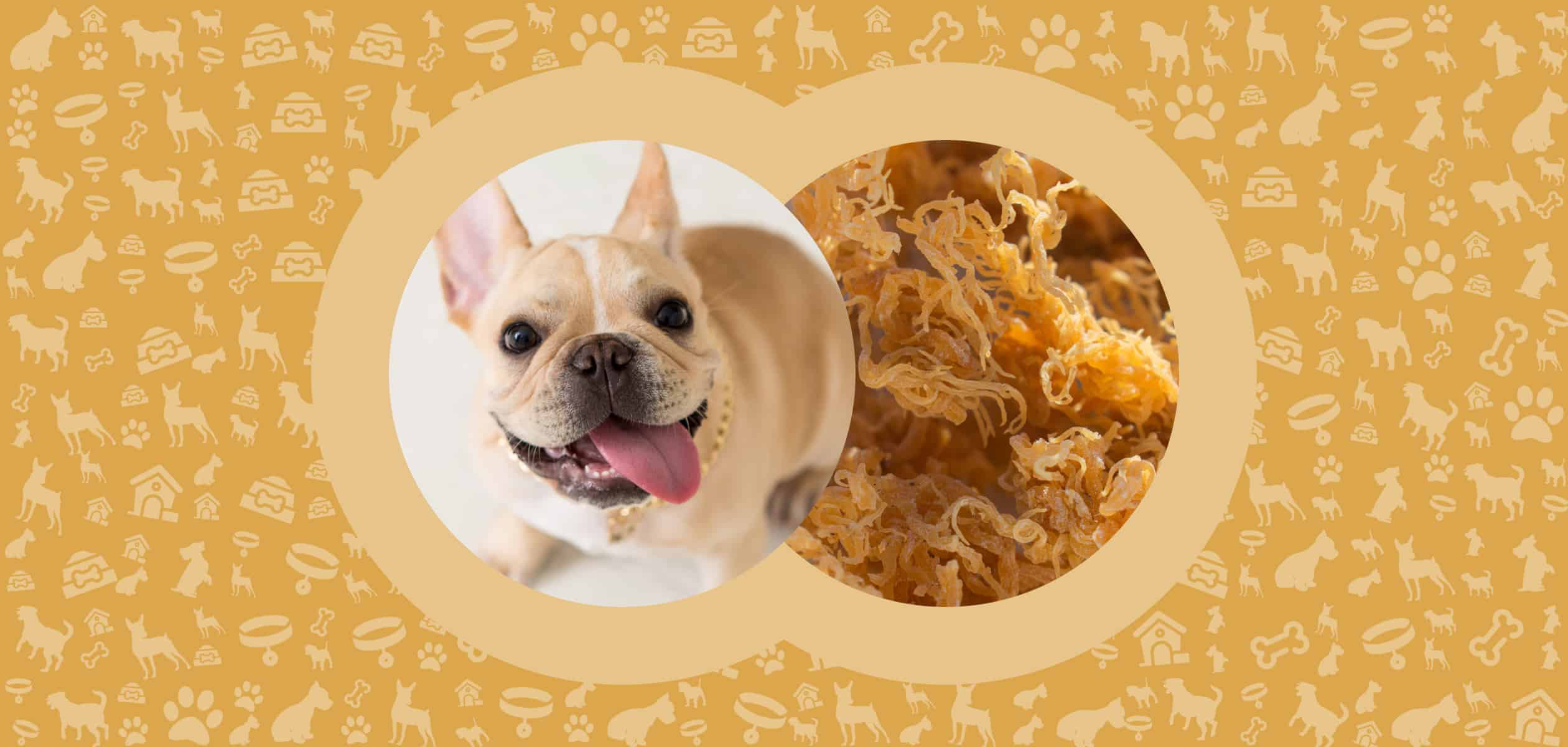
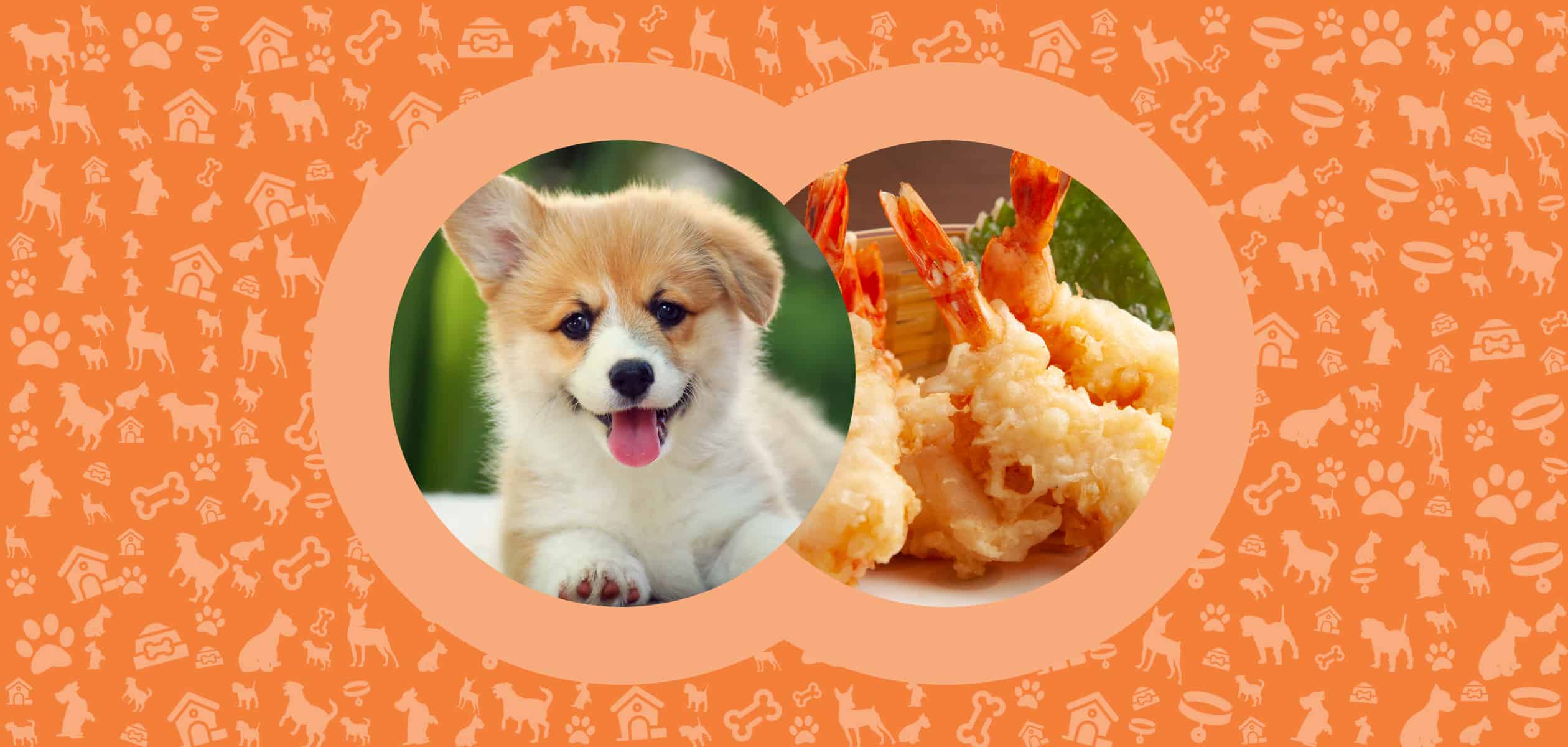
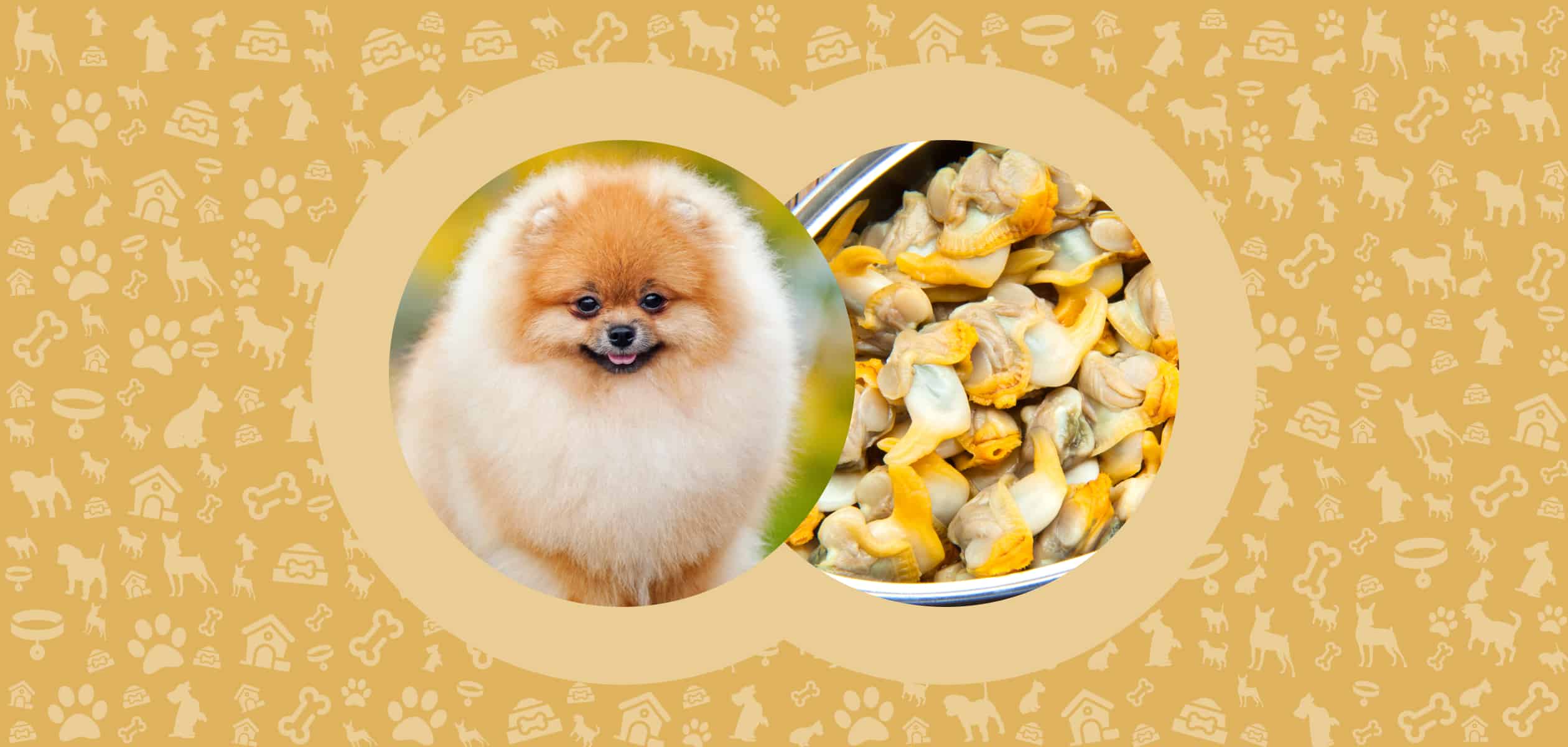
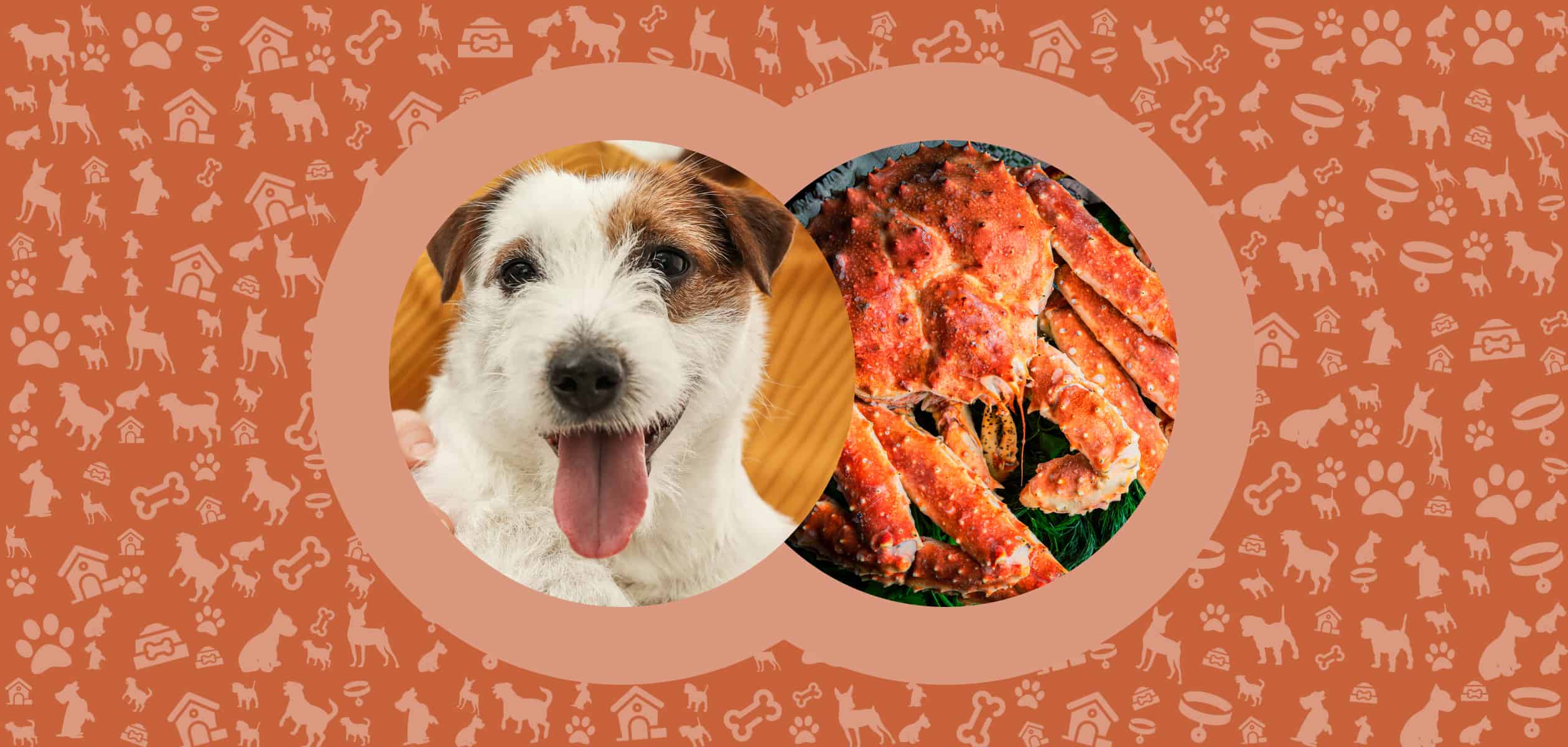
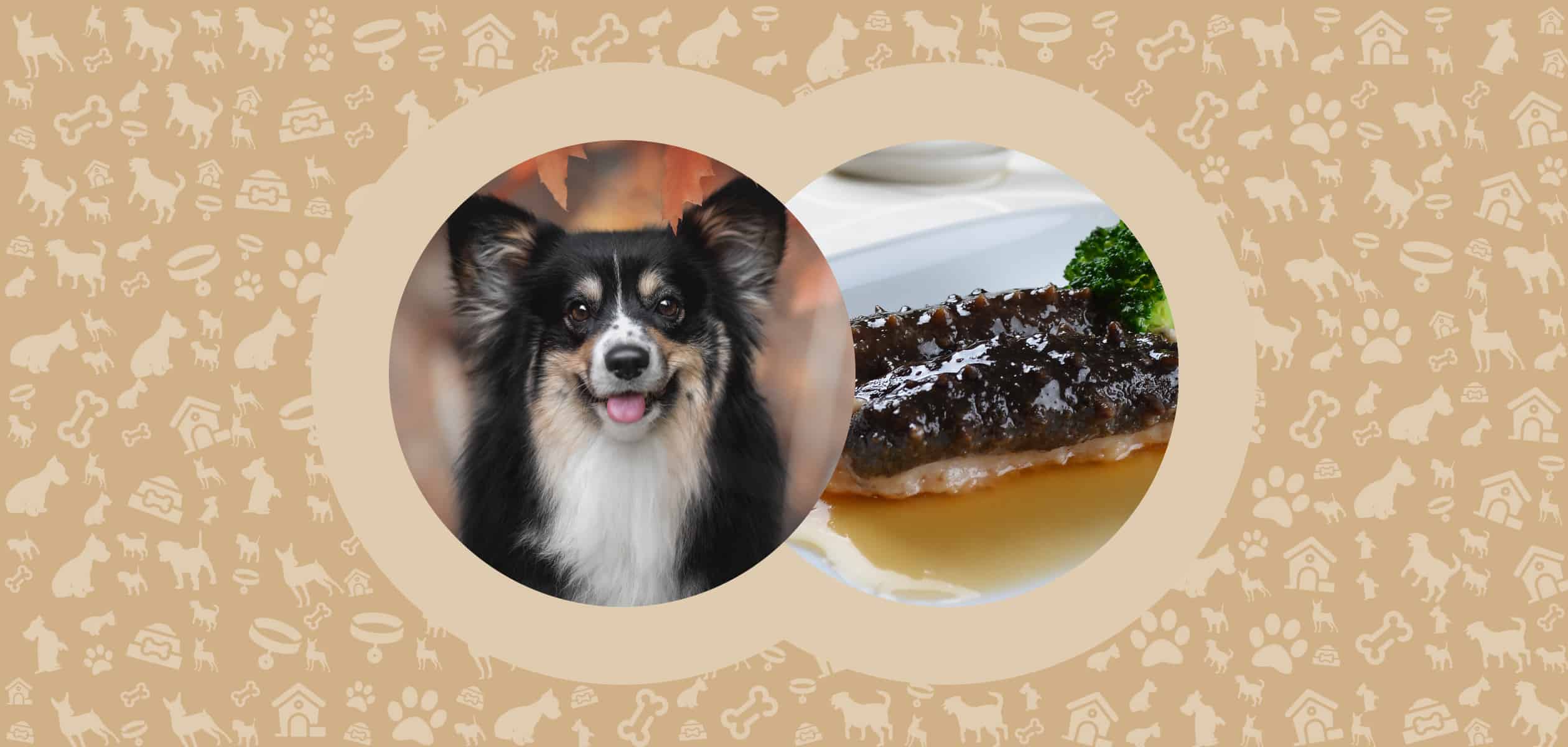
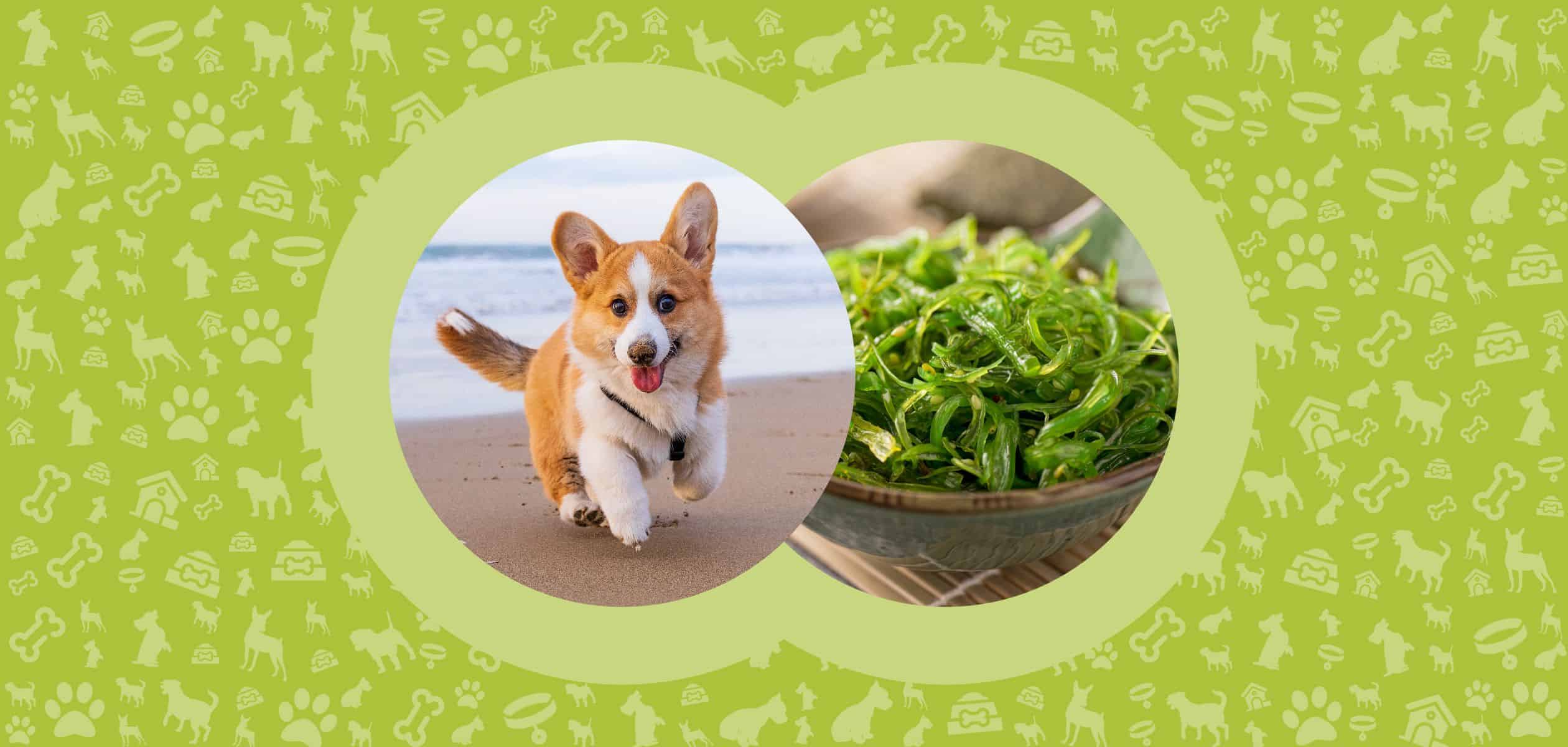
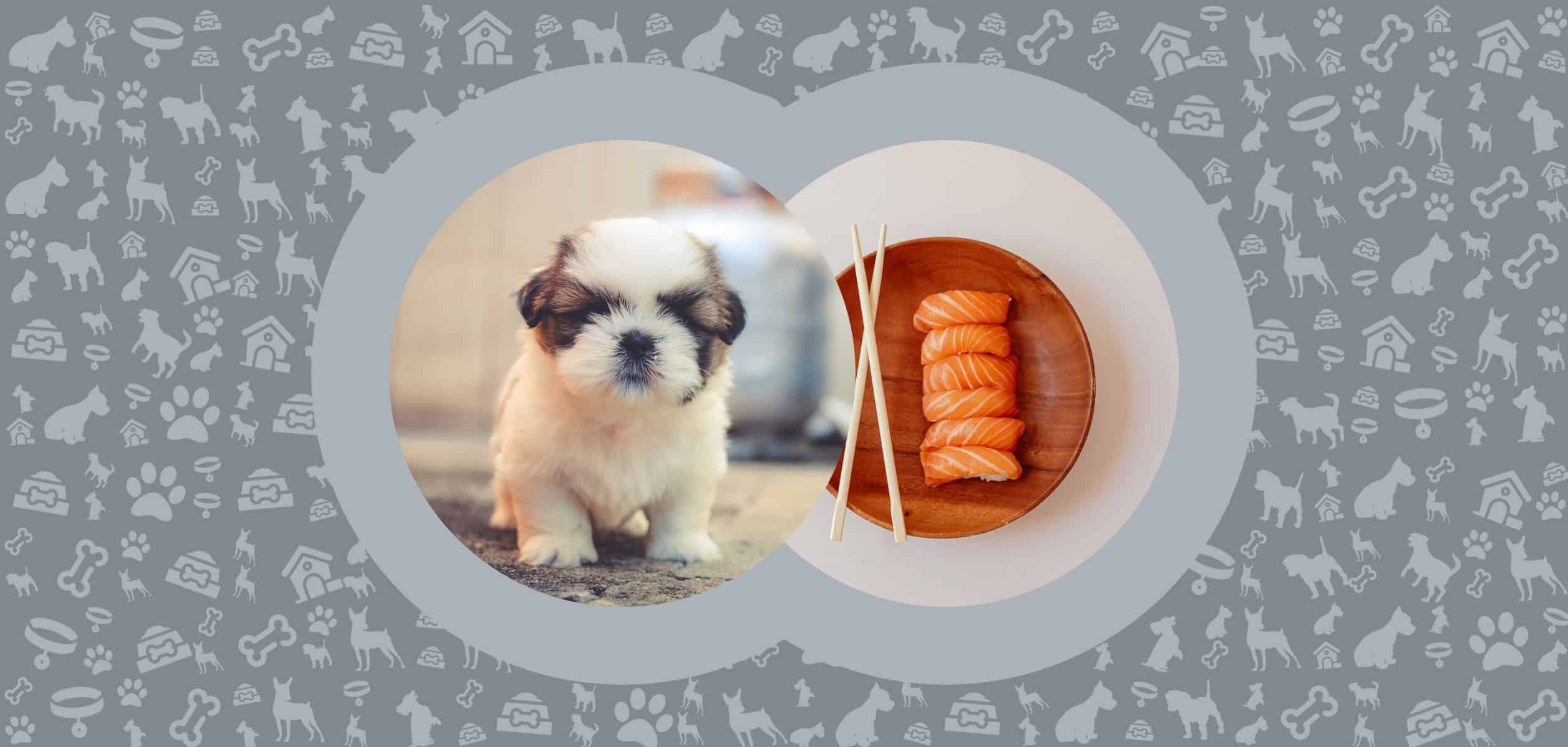
Leave a Comment